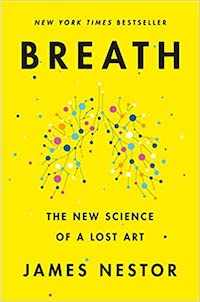“Tool stood six three and weighed 280 pounds and owned a head like a cinder block. His upper body was matted so heavily with hair that he perspired copiously, even in cold weather, and found it uncomfortable to wear a shirt. Nearly a year had passed since Tool had been shot in broad daylight by a poacher who had mistaken him for a bear. No entry wound had been visible, as the slug had uncannily tunneled into the seam of Tool’s formidable buttocks. Because bleeding was minimal, he elected to forgo medical treatment—a decision that would come back to haunt him.”
— Skinny Dip (Carl Hiaasen)

